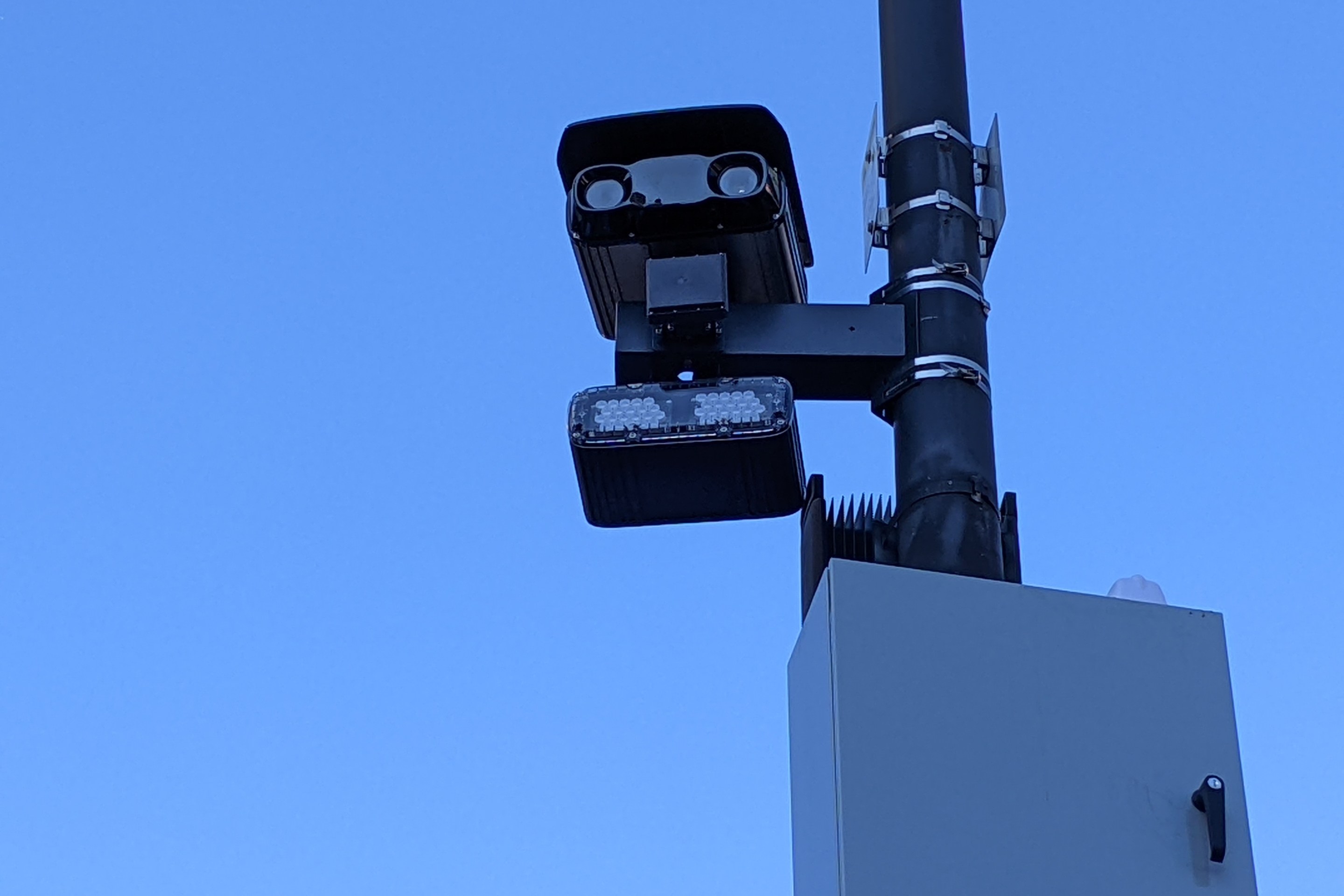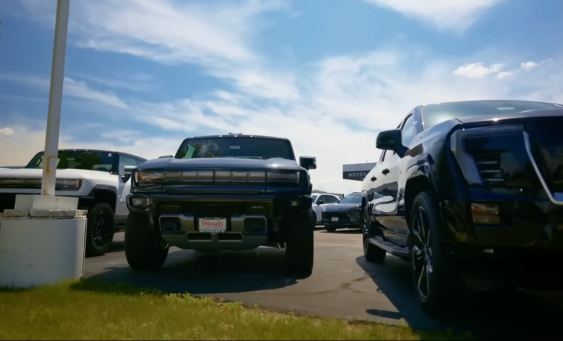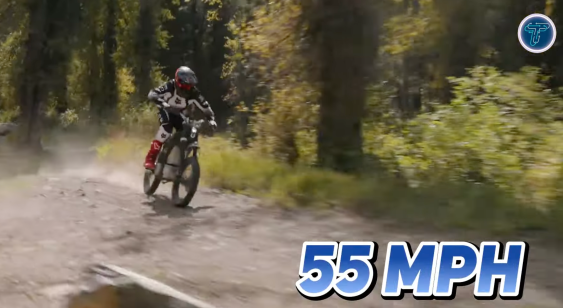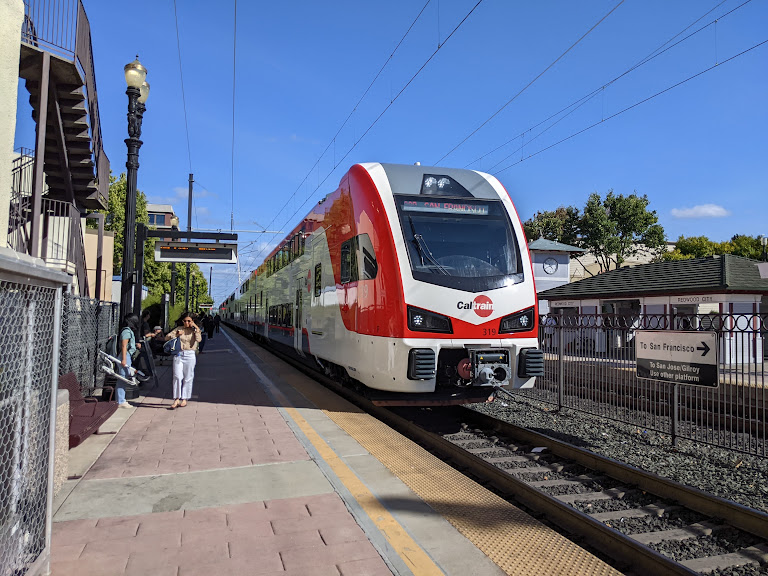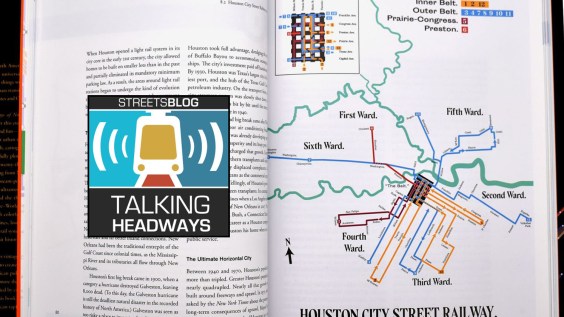The average commuter in São Paulo, Brazil spends nearly three hours a day stuck in traffic. Gridlock is so prevalent and stifling that the wealthy prefer to get about via helicopter. But the recent São Paulo Intermodal Challenge suggests that human-powered ground transport may be the way to go. PSFK reports:
The means of transportation chosen ranged from cars, bikes, motorbikes, and a helicopter to buses, metro, their own feet and even a wheelchair. Contrary to all forecasts, a biker won the challenge, with a total time of 22 minutes -- more than 10 minutes faster than the person on the helicopter, who spent a total of 33 minutes and 30 seconds between going to the heliport, waiting for takeoff clearance, flying and landing. The car came way behind, with a total time of 1:22 -- slower than the runner, who took 1:06, the bus (1:11) and just 10 minutes faster than the person who chose to walk the whole path (1:32).
And congratulations to Rio de Janeiro for winning the 2016 Summer Olympics bid! I wonder how much the city's public transit plan had an effect on the result? From the IOC page:
The competition venues will be clustered in four zones – Barra, Copacabana, Deodoro and Maracanã – and connected by a high-performance transport ring. Nearly half of the athletes will be able to reach their venues in less than 10 minutes, and almost 75 per cent will do so in less than 25 minutes.
